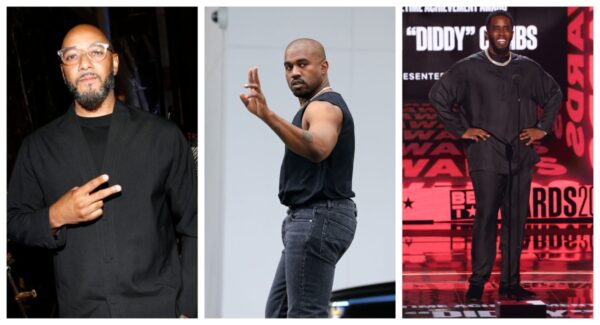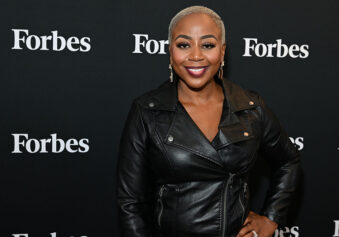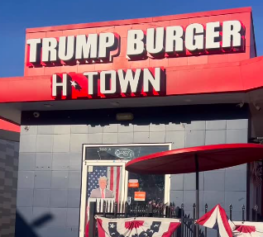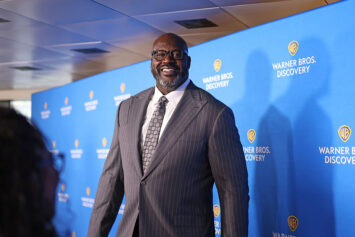Kanye West’s public battle with Adidas grew much louder this week as fellow music stars Sean “Diddy” Combs and Kasseem “Swizz Beatz” Dean have both agreed to stop buying from the German athletic apparel company.

West posted a screenshot of his Instagram private inbox that shows Combs pledging “I (will) never wear Adidas again for the rest of my life if they don’t make you right.” Swizz Beatz on Aug. 6 posted a picture of Adidas shoes on his Instagram with a caption “we not buying these!”
“Adidas, you’re supposed to be original,” Dean posted. “Do the correct thing please!”
West and Adidas signed a shoe and clothing production partnership in 2014 worth a reported $10 million at the time. Since then, the Chicago native has helped Adidas sell millions of dollars worth of shoes, shirts, hoodies and pants. The Yeezy brand netted Adidas $1.3 billion in revenue in 2019 alone, Forbes reported.
Adidas’ typical annual revenue is between $21 billion and $25 billion. Adidas last month reported $398 million in second-quarter profit, down 28 percent from the same period last year due to supply chain woes in Asia. Yeezy has been one of the more profitable areas of business for Adidas, company officials said.
“In lifestyle footwear, our former franchise doubled in size, while Yeezy continues to be up strong (by) double-digits,” CEO Kasper Rorsted said in an earnings call last month.
The West-Adidas relationship began to sour in June, when the rapper accused Adidas of launching a shopping event called Yeezy Day without his input or consent.
“Adidas made up the Yeezy Day idea without my approval,” West told Complex in a direct message.
Adidas did not respond to a request for comment about its spat with West.
West also told Complex that Adidas brought back older styles, picked colors, stole styles and hired people for his team without his knowledge. West said in an Instagram post this week that Adidas offered him $1 billion to buyout the Yeezy brand, but he declined it.
West’s net worth is debated among estimators and it has been pegged to anywhere between $1.7 billion to $6.6 billion. He also has a clothing deal with Gap.
Black Americans have ramped up their calls for boycotting corporations in recent years, some of which have fallen upon deaf ears.
In 2018, actress and comedian Mo’Nique asked Black Americans to boycott Netflix after the streaming service offered her $500,000 for a stand-up special. The offer was much lower than the company offered other comedians for recent specials, Mo’Nique later argued in a lawsuit against the company. Even after Mo’Nique’s call for a boycott, Netflix revenue grew by billions of dollars.
Diddy and Swizz Beatz haven’t officially called for Black Americans to boycott Adidas. If they were to do so, it could financially hurt the company, one expert said.
Calls for a company boycott from a private person typically doesn’t gain much steam, said Ross Steinman, a consumer behavior expert and professor at Widener University in Pennsylvania. But there’s something uniquely different about West’s call to boycott Adidas, Steinman told Finurah.
“This is coming from people who have a tremendous impact on consumer decision making,” Steinman said. “I think this has the potential — in the short term — to cause some harm to the brand’s equity.”
Diddy has a reported net worth of $900 million as of January while Swizz Beatz’ net worth is around $8.5 million, according to Forbes.
When a prominent public figure calls for a boycott, more consumers tend to follow suit, Steinman said. It’s unclear how long an Adidas boycott would last, he said. Adidas does not track separate sales figures on purchases made from Black Americans.
Oftentimes boycotts end abruptly because consumers miss the quality of product they enjoyed from the company they vowed not to shop at, Steinman said.
“They might look to competitors initially and end up liking the products from the older brand,” he said. “They find a way to rationalize going back to it even if it’s not logical.”




